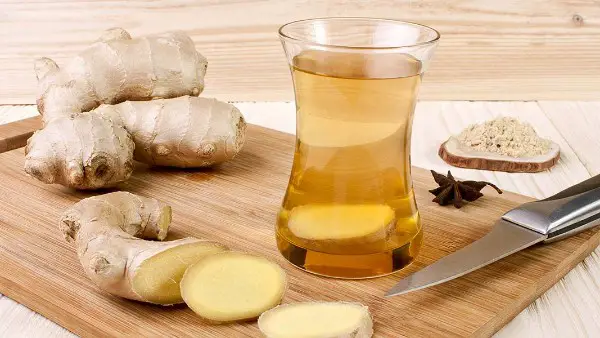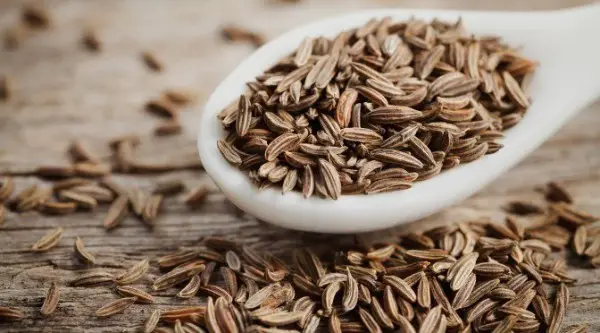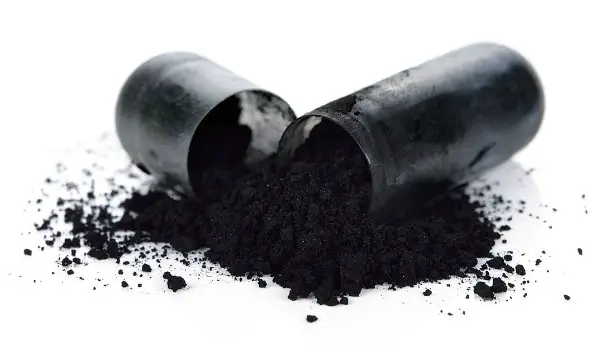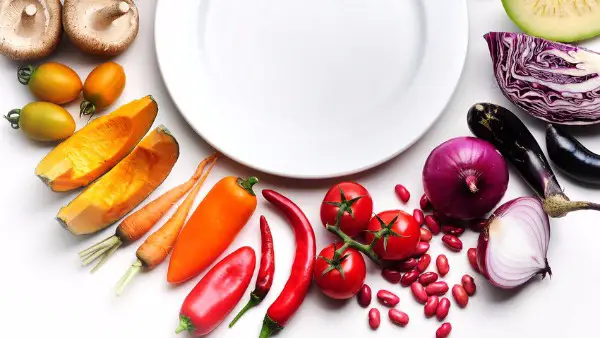Medically review by Kim Langdon

Here's a little something we can all agree on: bloating sucks. You know, when you just have to unbutton your jeans to let out a little?
It's pretty uncomfortable, unanimously.
Some of us can easily trace the source of our sudden distended belly back to a hefty Thanksgiving dinner, one-too-many beers, or a carb-heavy treat once in awhile, but some folks don't have it so easy.
Some people feel bloated far more often - even daily.
While very regular and uncomfortable bloating can be a sign of something else - a big one being a food intolerance or allergy - and we encourage you to look into the reasons why, having some natural, at-home remedies to lessen the discomfort and pain of this symptom can be very helpful.
And no - we're not just going to recommend wearing strictly sweatpants (although you can do that, too).
What's actually happening when you get bloated?

It's good to understand exactly what's going on inside when you bloat. After all, it's what's on the inside that counts.
Beyond your pants not fitting all of a sudden and the uncomfortable bulge that makes it hard to sleep at night, bloat is pretty simple.
Understanding it fully is what can help us eliminate and address the problem. By definition, bloating is a build-up of abnormal gas, swelling in the abdomen.
Many people have experienced bloating after eating too much (hello, Thanksgiving dinner!), having a carb-heavy or starchy meal, eating other rich foods like deep-fried foods or creamy, dairy foods, or eating too fast.
Some foods are more likely to cause gas and overall digestive distress, too.
Beans and lentils (especially unsoaked), artificial sweeteners, cruciferous veggies (especially raw), and whole grains can wreak havoc on the system.
It goes without saying that avoiding these instances are the best way to reduce bloating.
But what else can you do?
1. Boil some ginger root

Ginger is a magical cure-all. This little root holds big promise for healing benefits.
It's a powerful immune booster and it's a fantastic anti-microbial agent giving it power to fight off bacterial infection. Above all, it's a good digestive treatment.
Boiling down some ginger root can help you avoid bloat altogether, or treat it when it rears its ugly head.
First, supplementation can aid with the stomach's emptying of contents into the small intestine, reducing the side effects of delayed gastric emptying - a potential underlying cause of your regular bloating. It's also good for nausea which may be a side effect.
Ginger can also relax the stomach muscles, aiding in more effective and less painful digestion. Finally, it can help prevent malabsorption.
Basically, food can get stuck on the way down and out of the body, leading to fermentation and rotting in the body. Yikes!
Not only can ginger help you actually absorb the nutrients in your food (important stuff!), but you can avoid the pain that comes along with food not passing through quickly enough.
2. A spoonful of caraway

If Ayurveda has anything to say about it, caraway is a digestive powerhouse.
These little seeds go a long way, and just a spoonful can help you relieve abdominal stress.
Caraway seeds contain a potent oil in which you will find carvone and limonene, both of which Ayurvedic medicine has used for gastrointestinal problems for years.
You could even brew some of the seeds into your ginger tea!
This little tonic can relieve excess flatulence and gas, prevent constipation (due to caraway's high fiber content), ease symptoms of IBS, and more.
3. Supplement with activated charcoal

Activated charcoal is quickly becoming a household necessity in our books. The stuff is amazing for DIY beauty, peeling face masks, and even beating a hangover.
You can also use it to whiten teeth despite its aggressive color. Basically, it acts as a removal agent - stains, poison (i.e. alcohol), and toxins.
Because of this, it can also be really helpful for smooth and pain-free digestion.
In essence, it will bind to the byproducts in food that are responsible for gas and discomfort. You can take it before a meal, especially if you're having lots of fibrous veggies or beans.
Ideally, you'll take around 500 mg. around one hour prior to eating.
You want to be careful not to rely too heavily on activated charcoal for digestion because while it will bind to the bloat-worthy ingredients, it can also bind to vitamins and minerals which compromises absorption rates.
Make sure to take it with a full glass of water! Read more about the benefits of activated charcoal.
4. Peppermint tea

Peppermint tea is another super healer. You can brew fresh mint leaves or pick up an organic peppermint tea blend at your favorite tea shop or supermarket.
It's soothing for the belly for a few reasons. First, it has antispasmodic properties which will help relieve cramping.
It can also increase gastric juices which will help the stomach digest the way it's meant to. We need stomach acid!
Oh, and peppermint oil has a particularly strong argument; its volatile oils will stimulate the gallbladder, leading to proper fat digestion and subsequent bile release.
Basically, peppermint will help the stomach relax and release enough acid to digest food.
When the stomach has enough acid, we properly digest and absorb all the good nutrients in our food and can generally avoid gas.
5. Find the solution

Long-term relief is the best kind of relief. If your bloating feels like an episode of 'Unsolved Mysteries,' it's time to crack open the cold case again.
A little investigation goes a long way when you know where to begin. One of the most common causes of bloating is a food allergy or intolerance, and finding out which food that is can be tricky, but rewarding!
Following a simple elimination protocol can help you pin point problem foods and become a more mindful eater overall, helping you to easily identify foods that don't agree with you very well.
This article was fact checked for accuracy by Dr. Kim Langdon, MD. As always, this is not personal medical advice and we recommend that you talk with your doctor.
Kimberly Langdon M.D. is a retired University-trained obstetrician/gynecologist with 19-years of clinical experience. She delivered over 2000 babies to mothers in a suburban Midwestern community.

